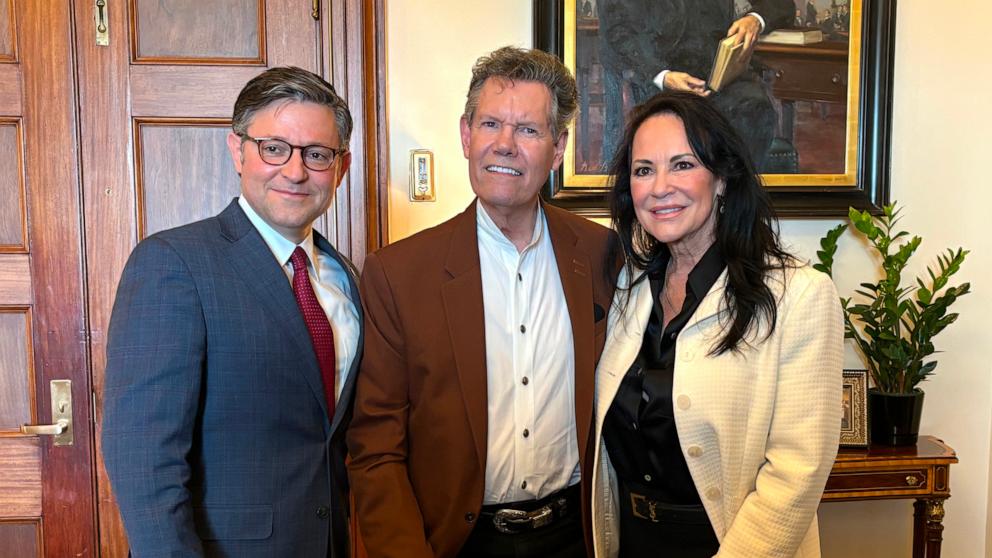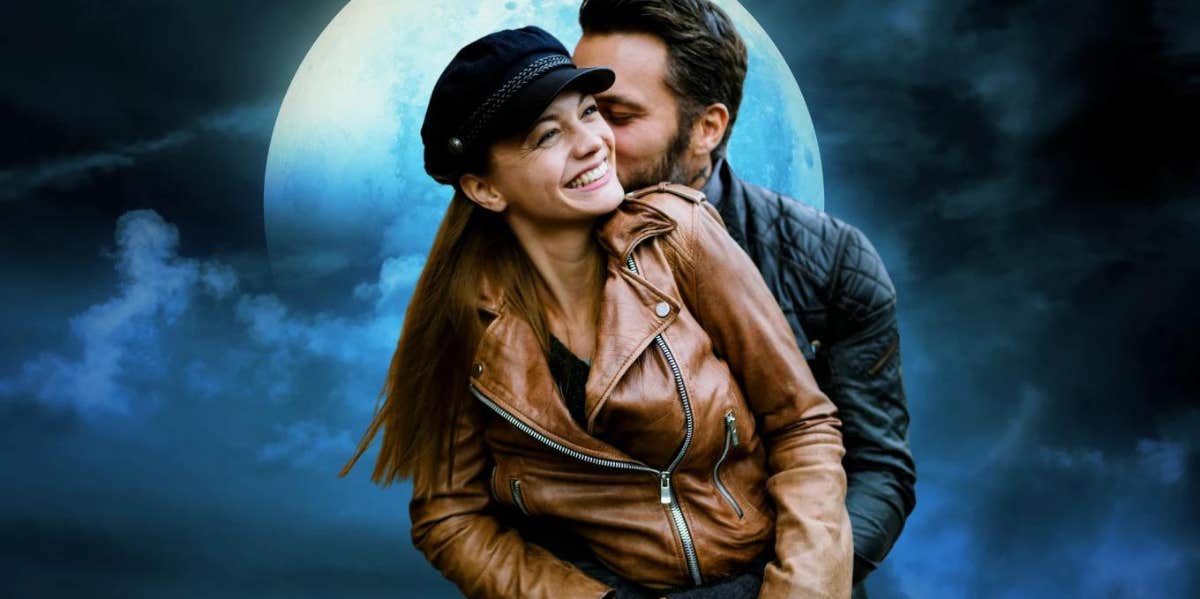“I love the discoveries”: Stephan Holl explains how Rapid Eye Movies unearths cinematic masterpieces



For over two decades, the German film distributor Rapid Eye Movies has been dedicated to the fringes of the film world. It produces films that consistently produce important and groundbreaking works, distributes Asian and international cinema, brings unknown gems to light for new audiences and works with filmmakers and artists on projects related to cinema. It promotes esoteric and eccentric cinema worldwide and gives weird and forgotten films a chance.
They also produce their own films; in 2011 they shot Underwater lovea German-Japanese co-production that explores the art of pink film – a Japanese genre of independent film that contains nudity or sexual content – with a musical twist. They have also been behind some of the most sought-after festival darlings of recent times, such as 2021 Drive my car and cult classics like Audition in 1999. The Berliner sat down with Stephan Holl, co-founder and CEO of Rapid Eye, to find out what the multi-person film group will tackle next.
First of all, what was the motivation behind founding Rapid Eye?
We were born in the mid-1990s because we love Asian cinema and there wasn’t much going on in Germany outside of festivals at the time. It started as a labor of love and it still is. And we – my wife Antoinette Köster, myself and a small and very dedicated team – work together to bring a lot of Asian films to Germany, but also everything in between that fits into our universe, such as adjacent music-related projects, anything we have a weakness for. It gets difficult to explain the Rapid Eye profile. Of course there are the films we distributed by Yorgos Lanthimos, Takeshi Kitano or Park Chan-wook – we have a lot of first discoveries, I think that’s where we excel. We try to be as passionate today as we were in the early days of our existence.


Your website showcases the films you produce and distribute, but there are also playlists, posters and objects that are visually displayed or offered for sale. It almost feels like an archive…
I think that’s where the energy comes from to share things that we like. It’s a very fundamental thing for us, it’s not just empty words. You have music labels that you trust as a music fan and then you see, oh, they’re putting out something that I’ve never heard of but even though I haven’t heard it, it’s probably going to be good. Because of that connection to a label that I trust, I listen to it.
That’s the kind of relationship we wanted to build with our work – to create a space where we can share what we love with other people and build a kind of trust. And that goes beyond films. It connects music and also all the people and filmmakers and creative people that we meet on this journey.
How do you reconcile this mindset with the business constraints of the film industry?
We try to be as passionate today as we were in the early days of our company
There is a common structure: usually companies think, okay, how many visitors will they get for this kind of film – they think we will chase this film for distribution because it will do well demographically. We don’t think like that model when we go to Cannes, for example. Of course, those thoughts are still part of our brain – film is also a business – but it can be sustainable and mean more than just that. That after over 25 years we are still here and we still have the business mindset, but the focus is on trust in the project – it’s good to think about visitors, money and profitability, but that’s not the core of what we’re looking for.
They attach as much importance to the restoration of classics as Typhoon Clubwhich was shown in Berlin in May, as you do when producing new films …
For us, Cannes is the most important time of the year. We have Cannes, the Berlinale and Venice, the big festivals where we look for new films that we can distribute to our German audience and sometimes to other regions. We love that – for example, when we Drive my car or Return to Seoul. That is the core of our work, to select new films and directors and to give them attention. The other cinema is what we love and know.
Tilda Swinton said it best: “There are no old films.” Because if you don’t know the film, it’s new to you. And that’s where re-releases of these “older” works come in, to shine a light on great cinema that can win over new audiences. That comes from the love of masterpieces. I would say Typhoon Club is a masterpiece. It was overlooked at the time. It never got a German theatrical release. And luckily there are cinemas, especially in Berlin, and audiences, especially in Berlin, who think like us, okay, let’s go see this. The Berlin audience and the Berlin cinema scene are in some ways outstanding and very important to us. We’re always so happy when we know that there are others.
Coming back to your relationship with Asian cinema, can you talk about the role of Pink Cinema in the growth of Rapid Eye?
From the beginning, Japanese film has been a big part of our foundation. Ghost in the Shell (R. Mamoru Oshii, 1995) was actually the birth of Rapid Eye – that was the first film we released, only in theaters. So Japanese films have always been around and they have been important to us. The interesting thing about film distribution is that you meet interesting people, especially filmmakers; you see films and fall in love and then you get to know the talent, the people behind the films, and that is even more special.
While travelling through Japan, I met a producer of the so-called Pink films. She is a real personality, a 70-year-old chain smoker who has produced around 400 films for the cinema, but nobody knew her. I got talking to her because we distributed some of the films she had produced – these outstanding, anarchistic, very beautiful films. And then the idea came up: why not produce a film together? That was the first moment when Rapid Eye started thinking about producing films. And then we met Christopher Doyle, who is best known as a cinematographer for Wong Kar-wai and has also shot for Gus Van Sant and Jim Jarmusch.
I got him interested in this Japanese Pink Film project and then the Berlin-based pop duo Stereo Total. I approached them and told them about the projects we were working on. They loved the idea and were willing to write the soundtrack. That was the first film we produced, in 2010, and since then we’ve been learning and doing more collaborations and co-productions.


Is there a particular film from the catalog that best sums up Rapid Eye? Or is that too difficult a question?
We are always here for new discoveries and filmmakers.
Yes, that is difficult! One answer would be the one that has (just) been realized, which in this case would be Typhoon Club. And I would say to sum up the DNA of what we do, probably Audition by Takashi Miike. That is where we come from, it is always a part of us. We are very proud of it. Another answer would be Drive my car or Looking for Sugar Man (2012) – Films that we made before they hit the big time. If we look at our work from the perspective of supporting these films early on and distributing them, not knowing that they would hit the big time, but because we believe in them and love the discoveries – of course there are failures and not always happy endings, there are mistakes. But over the years we have developed a pattern of being there for new discoveries and filmmakers.
Can you talk about the connection between film and music in Rapid Eye’s activities?
We are releasing music for a film that doesn’t exist.
We’re releasing music for a film that doesn’t exist. The filmmaker I work with a lot, Kevin (Khavn de La Cruz, whose filmmaker name is Khavn), lives in Manila but also lived in Berlin for a while and will be moving back to Berlin this summer. He’s a filmmaker and composer and I love his compositions, so we’ve produced some records from our film work together, together with Brezel Göring, a Berlin-based musician who was part of Stereo Total. It’s about the people – when I talk about the people, it becomes easy. There’s Lilith Stangenberg, the Berlin-based actress who loved Kevin’s work and became a creative force in his films, and then suddenly there’s an album we did together with Kevin composing and Lilith singing. It’s always about the people.
What will happen in 2024?
A new silent film with Kevin, shot on film with Lilith Stangenberg – the music is superb and beautiful – premiering this summer. We hope for a special screening in Berlin. Music by the Kontra-Kino Orchestra. In-house restorations, underground discoveries, overlooked German films from the 1970s and 80s, gay filmmakers from the 80s – stay tuned.



